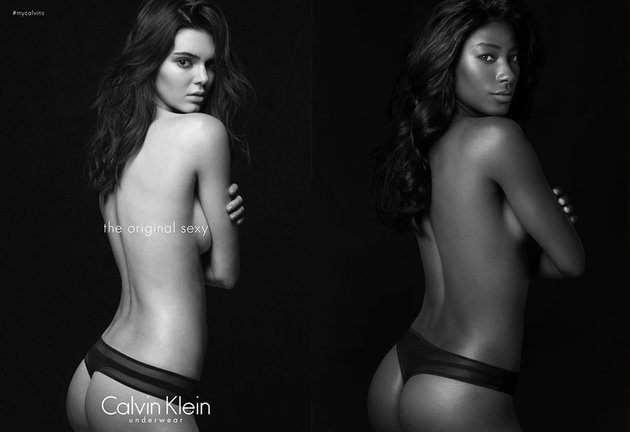I was given a summative brief at the very start of December, and when I first looked at it and had a quick look through it was safe to say I was pretty intimidated. It was pretty heavy on when i first looked at it but when I continously read it through it became so much easier to get to grips with and I was excited to get stuck in! What i enjoyed mostly about this brief was the context stage where we where given a upcoming A/W 16/7 trend.
For my trend I was given Historical Romanticism, I've never actually heard of the trend before hand but after doing some research I was particularity happy with the trend as I found it very interesting to research. The trend mainly consisted of various styles which embodied a romantic mood. which i liked as it was quite feminine and elegant as well as keeping historical references throughout.
Also hinted with the mixed colour scheme, like burgundy, light pink and browns.
"Artists look at historical pieces and fuse them with day by marrying the unusual and the unexpected." - WGSN
Historical Romanticism has already been a pretty popular trend for A/W 16/17 trend since the trend infuses a wide range of styles, including; blooms, delicate silhouettes, high neck lines, sleeve focus, sheers as well as ruffles. Designers referenced historical details and silhouettes in a romantic approach through renaissance inspired dresses, coats, lavish embroideries and velvet's.
I noticed that the trend relies heavily on detail to capture mood and the use of small details were particularly brought to attention to by designers like, Valentino, Erdem and balenciaga Including feminine silhouettes, delicate ruffles, lace and pussy bows, feathers and rich embellished surfaces.
The 19th
century fashion is the main bulk of the historical romanticism trend, and
designers interweave the likes of the era through art, and fashion making it an
overall statement trend. Fashion in the 19th century was a real
turning point for women’s fashion, garments oozed confidence and style, and no
matter what the garment was, it was designed to show off a woman’s tightly
corseted torso. In likes of this, the
silhouette of a hourglass shape became popular, and many women required “the
perfect fit” so the most stylish women went out of their way to dress makers to
full fill this.
I find it interesting seeing how the trend translates to the 19th century as well as noticing the alterations to fit to modern world. So far I've really enjoyed getting to grips with the trend and continuously find so much information about it!
- Chrissy x


































